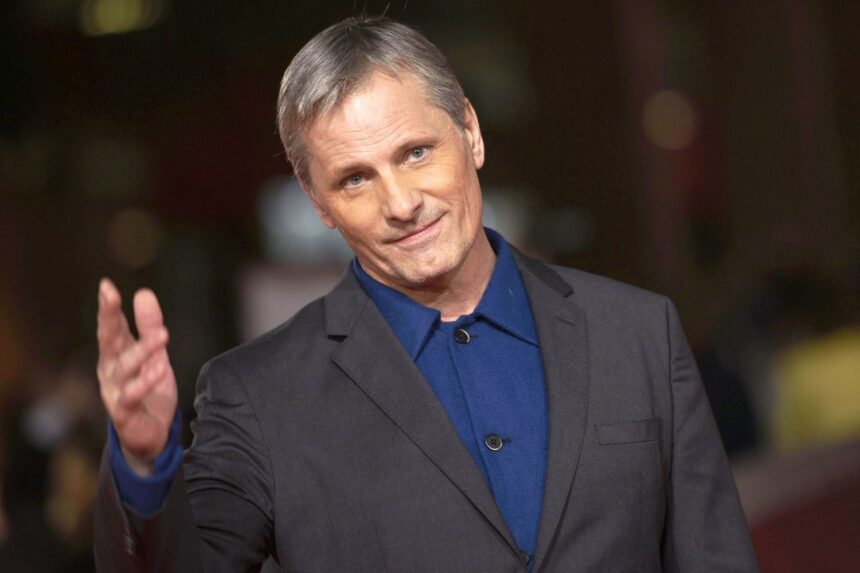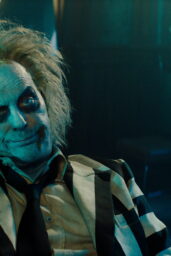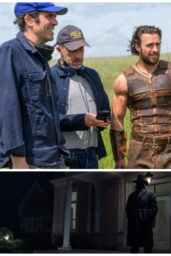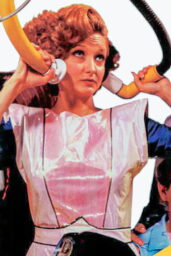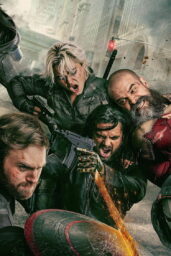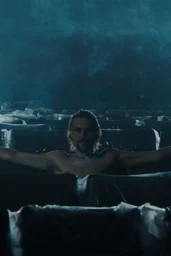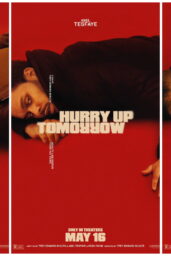Film criticism, once a revered profession filled with insightful discourse and deep historical knowledge, is undergoing a dramatic transformation. Viggo Mortensen, renowned for his roles in films like “The Lord of the Rings” and his directorial work, has voiced his concerns about the current state of film criticism. He argues that many modern critics lack a fundamental understanding of film history and the filmmaking process. “What passes for critical thinking in terms of reviews is pretty poor these days,” Mortensen stated. His critique highlights a significant issue: the disconnect between contemporary critics and the rich history of cinema.
Mortensen isn't alone in his concerns. Prominent film historian Jonathan Rosenbaum has also criticized modern reviewers, labeling them as “quote whores” for their tendency to provide favorable taglines for studios. He points out a troubling “sinister symbiotic relationship” between critics and studios, where genuine critique often gets overshadowed by promotional hype.
The advent of social media has blurred the lines between professional critics, influencers, and bloggers. This democratization, while giving more people a voice, has also led to a dilution of expertise. As Mortensen lamented, many critics haven't even seen seminal films like “Vertigo” or “Citizen Kane.”

Quentin Tarantino, another giant of the film industry, shares Mortensen's concerns. He believes that modern film criticism lacks identity and coherence. Tarantino reminisces about a time when he could recognize a critic's style and taste intimately. Today, he finds himself disconnected from the voices that once shaped his understanding of cinema. He highlights the role of aggregate review sites like Rotten Tomatoes and Metacritic in this identity crisis. These platforms prioritize consensus over individual critique, making it harder for unique voices to stand out.
Roger Ebert once referred to the internet age as a “golden age for film criticism” due to the sheer volume of critics writing about films. However, the quality and depth of analysis have not kept pace with the quantity. This shift has resulted in a watered-down field where the historical and technical knowledge that once defined great film criticism is increasingly rare.
As the landscape of film criticism continues to evolve, the challenge remains to balance the democratization of voices with the need for informed, insightful analysis. For Mortensen and Tarantino, the future of film criticism hinges on rediscovering the deep, historical appreciation of cinema that once defined the profession.
What are your thoughts on the current state of film criticism? Do you agree with Viggo Mortensen and Quentin Tarantino that it lacks historical depth and individuality, or do you see value in the new voices and perspectives brought by the digital age?

